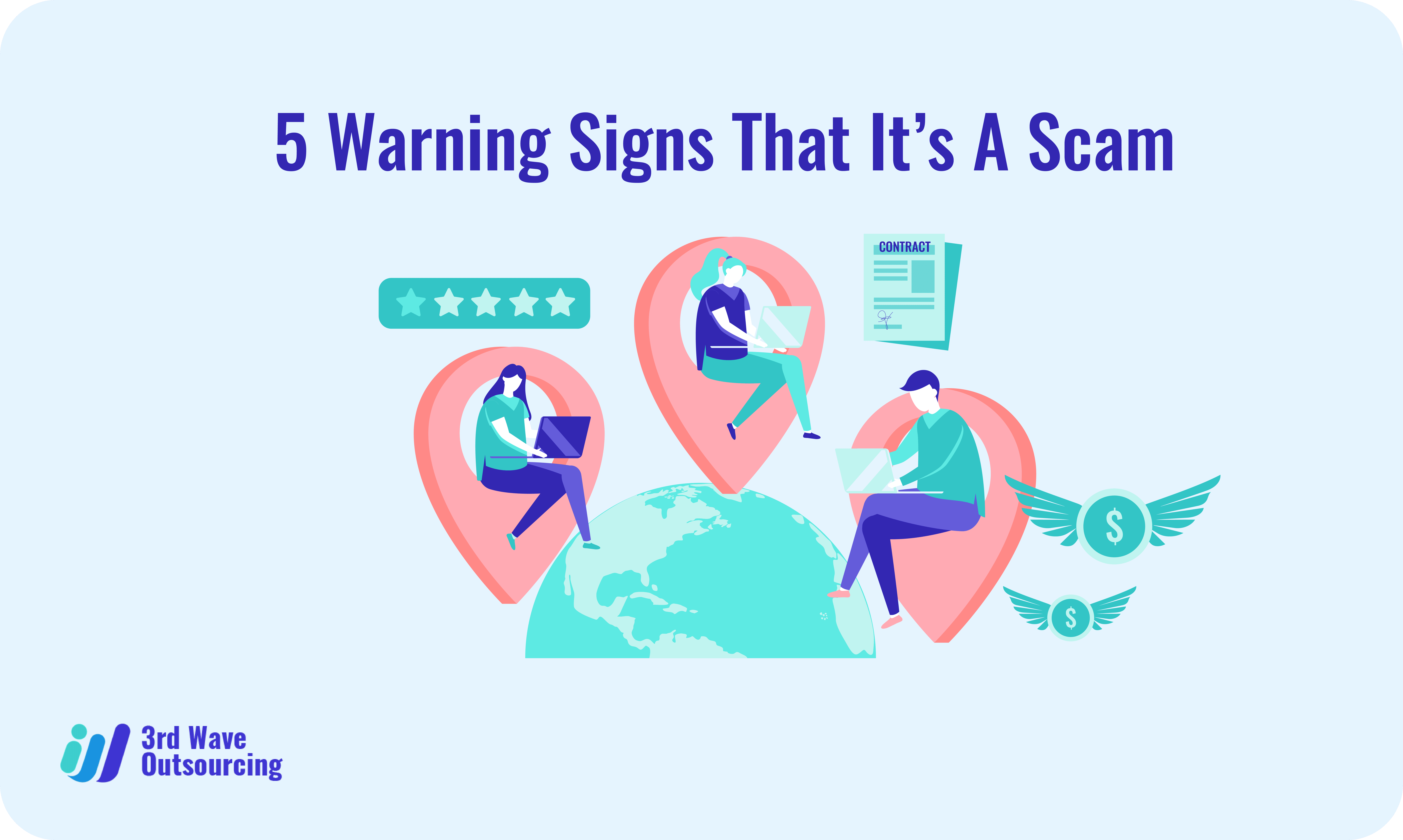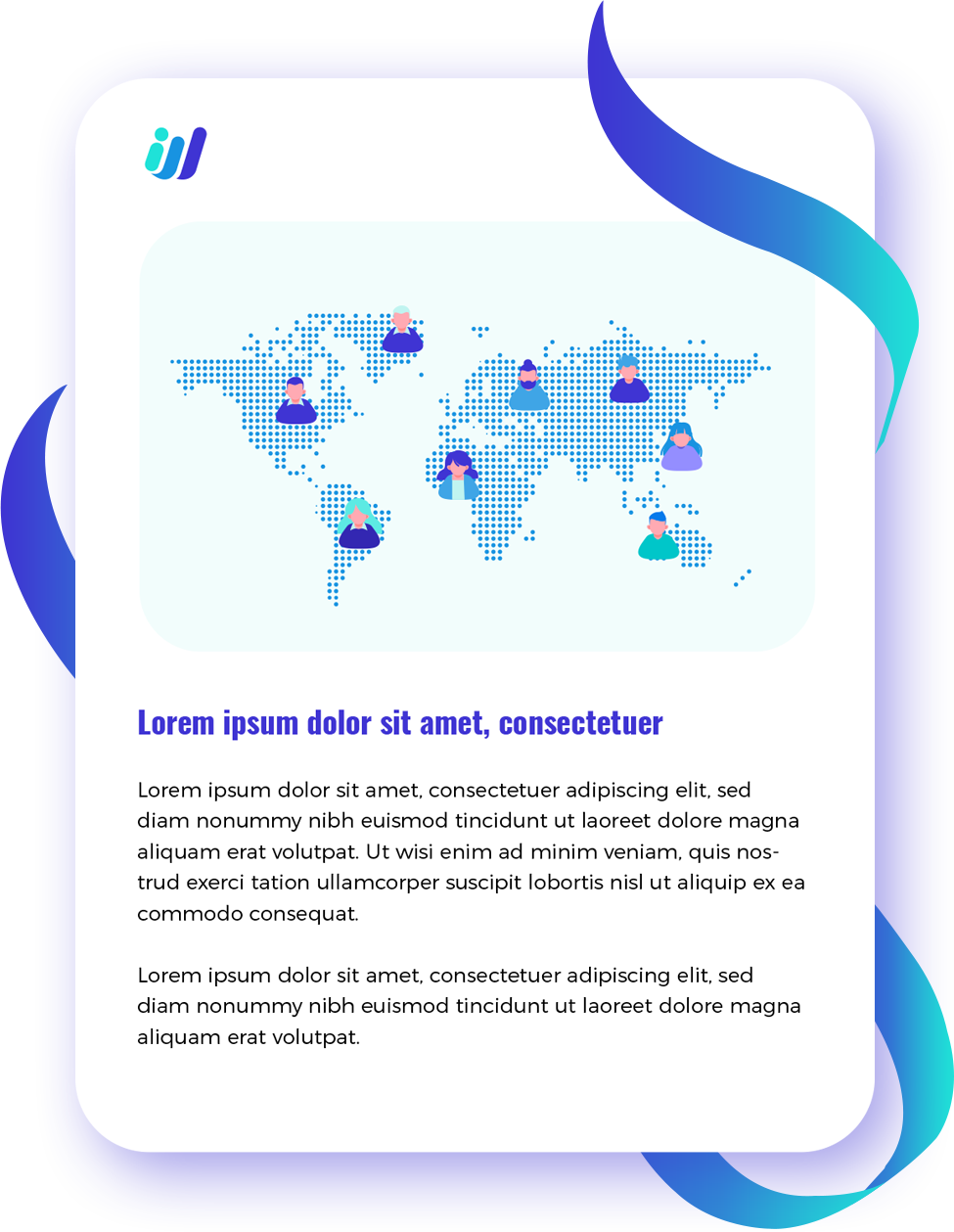Outsourcing projects fail for a variety of reasons, ranging from unreasonable expectations and a lack of governance to mismatched interests and inadequate communication. Sometimes the error is with the outsourcing service provider, and other times it is with the customer. In the majority of cases, both sides share some guilt.
However, business leaders should be aware of several typical warning signals of potential outsourcing disasters. A bad outsourcing relationship can often be turned around, and spotting five leading symptoms of outsourcing turmoil can help CIOs limit the overall harm, even in the worst circumstances.
Here are five indicators that you’ve chosen the incorrect outsourcing partner:
1. Client Satisfaction Drops
Client happiness should be a top goal for any business because if a client is happy with a company’s product or service, that company is more likely to be referred. If you see that your outsourcing partner doesn’t place the same value on your client as you do, doesn’t make an attempt to understand their demands, and isn’t willing to change his approach to better serve them, then they’re providing terrible service. Client dissatisfaction is exacerbated by poor service quality. This is a situation when you must act quickly or risk your company’s reputation being tarnished.
2. Absence of Intention
An outsourcing partner is supposed to provide you with complete assistance in order to maintain a high level of service delivery. There is a lack of intent when your outsourcing partner frequently cites contractual rules and conditions, fails to complete projects on time, and makes excuses. Working with a partner who doesn’t take jobs seriously and doesn’t use their full ability is difficult. It’s preferable to quit the relationship than to suffer the consequences of an unreliable companion.
3. Excessive Attrition
An outsourcing firm that prefers a contract workforce is naive and unreliable. If your outsourcing partner’s employee base has a high turnover rate, you should expect service quality to fluctuate. Poor labor policies and ongoing labor conflicts are frequently present, posing a threat to your clients. It’s always preferable to work with a firm that has a long history and positive relationship with its employees since it signifies they understand how to respect relationships, whether between the company and its employees or between employees and customers. Your company will benefit from our expertise, consistency, and stability.
4. Values in Conflict
A shared vision is important not only in marriages but also in business collaborations. It’s critical that you and your business partner have the same business objectives and agree on how to get there. If you and your outsourcing partner disagree on how to approach strategy and finance, problems may occur that jeopardize your company’s capacity to prosper.
5. Poor Financial Health
It is your job to check the financial records of the company with which you are affiliated. Examine the balance sheet, current assets and liabilities, current ratio, non-current assets and liabilities, and other financial statements. Knowing the company’s financial situation will help you decide whether or not it’s a good fit for a partnership. Partnering with a firm that is having financial difficulties demonstrates that it is unable to manage its resources, and working with one will only become a liability for your organization.
The most important consideration for startups and small enterprises when selecting an outsourcing partner is cost. But keep in mind that inexpensive isn’t always the best. Do your part in conducting thorough research before selecting an outsourcing partner. Don’t just rely on word of mouth; look for specifics. It’s also a good idea to prepare a backup plan in case the partnership doesn’t live up to your expectations.
For more great tips on finding an outsourcing partner that’s a fit for you, subscribe to Third Wave Outsourcing!



